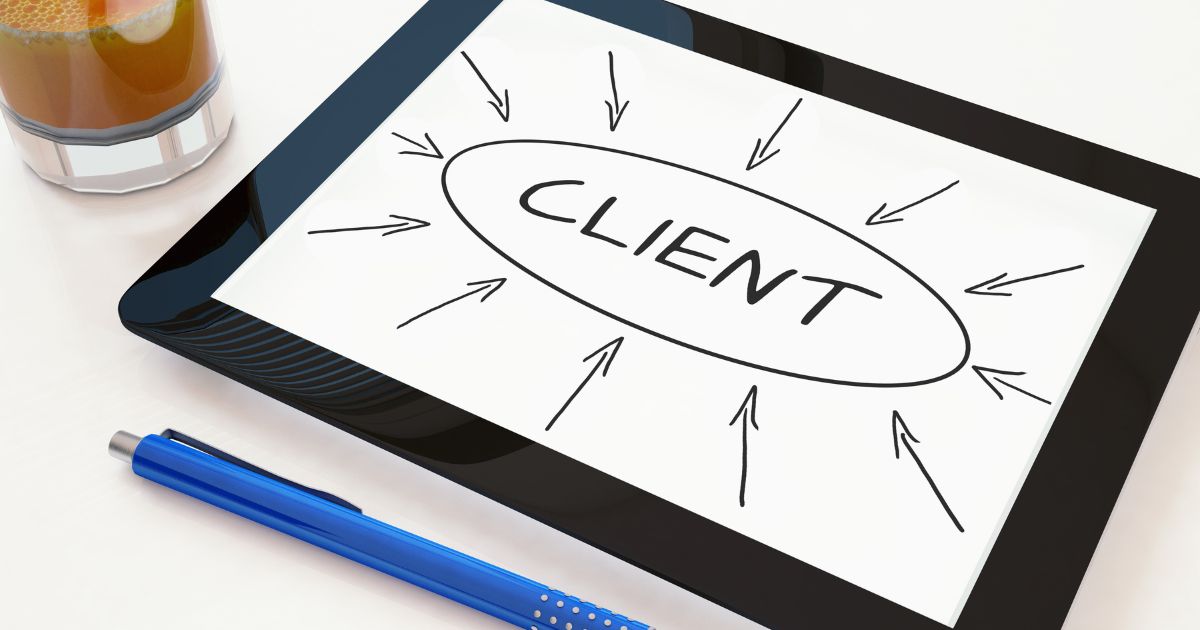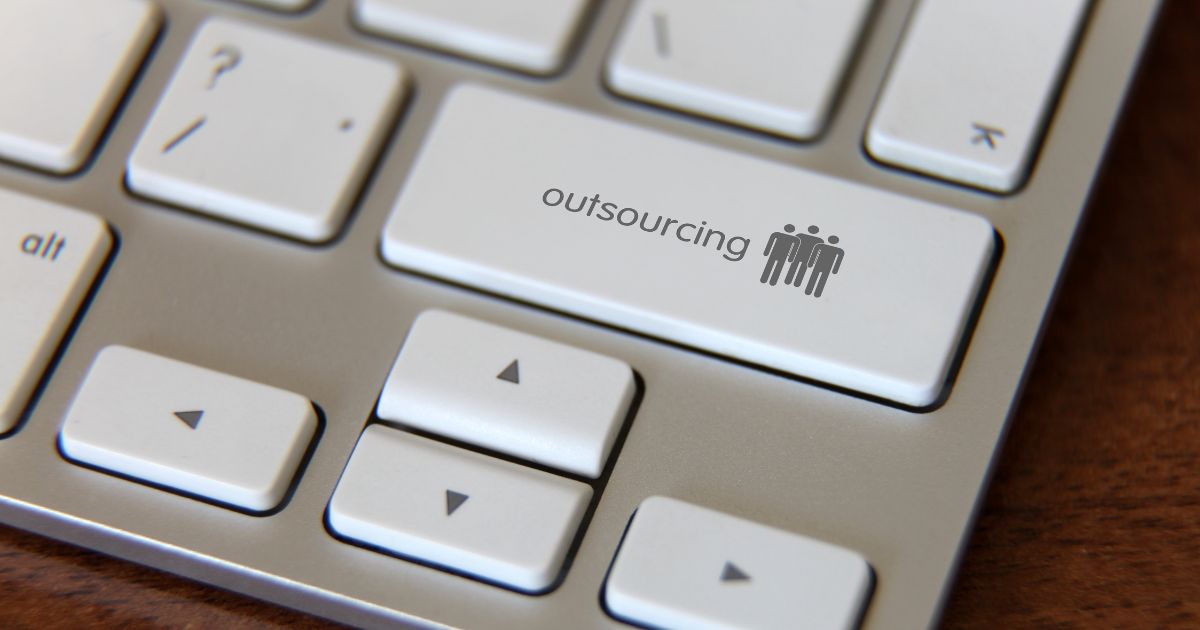Being a therapist, you know that there are many processes happening in our brains that affect our behaviors, including our level of productivity. Understanding the psychological factors affecting your productivity can help you to manage it better.
So let’s dive in on an important factor that even Zuckerberg and Obama acknowledge and what they do to be more productive.
Focus on Energy Management Before Time Management
It is a psychological fact that our productivity level is directly related to our energy level – the less mental energy you have, the more likely it is for you to procrastinate and become less productive.
To counter this effect, we need to put more focus on managing our energy levels throughout the day rather than managing our time. Conventional productivity advice jumps directly to time management, but they miss a very important factor that needs to be addressed first – managing our mental energy.
So, how do we manage our energy? Below are some ways we can achieve this.
- Regulate Decision Making
Decision fatigue is a psychological occurrence that happens when someone is in a state of mental exhaustion that results from having to make too many decisions throughout any given day. When decision fatigue kicks in, our mental energy begins to run low. As a result, we become more susceptible to distraction, and procrastination begins to occur.
From the moment we wake up in the morning, we are bombarded with decisions – what to eat, what to wear, what tasks to do for the day – that are fighting for our attention and energy. To preserve our energy and become more productive, we need to regulate our decision-making.
Mark Zuckerberg and Barack Obama understand this all too well.
Here is a quote from Obama:
“You’ll see I wear only gray or blue suits. I’m trying to pare down decisions. I don’t want to make decisions about what I’m eating or wearing. Because I have too many other decisions to make.”
Likewise, Zuckerberg is infamous for wearing grey t-shirts. He claims that dressing, in the same way, allows him to focus his energy on more important decisions at work. He said:
“I really want to clear my life to make it so that I have to make as few decisions as possible about anything except how to best serve this community.”
- Take Frequent Breaks
Another way we can preserve our energy is by taking frequent breaks. This is particularly difficult for business owners to do. We think that we do not have time to “waste” on breaks. When we do happen to take breaks, we tend to feel guilty about it while thinking of all the things we could have done with that time.
Thinking about what we could have been doing while on a break is counterproductive. Even thinking about what we’re going to do when we get off of the break is counterproductive. How? Those kinds of thoughts are taxing on the brain, which depletes our mental energy.
When we take a break, don’t think about work or decisions. Watch a funny video, step outside for fresh air, clear your mind, pray, or call a loved one. Do something that makes you feel relaxed.
After every hour of work, try taking a 15-minute break.
- Get Enough Sleep
It goes without saying: sleep is important. If you are sleep deprived, you are energy deprived. The recommended amount of sleep one should be getting every night is 7-8 hours of sleep.
Research shows that sleeping a minimum of 7+ hours a day improves everything from memory to athletic performance. Even taking 60-90 minute naps during the day has similar effects. How you plan your sleeping schedule will vary from person to person. But the most important thing is that you get the recommended amount of hours each day.
- Manage What You Eat
A lot of us often overlook the role that our diet plays on our energy levels and, by extension, our productivity levels. What we eat can impact our energy, moods, physical well-being, and much more.
Studies show that a person’s stomach or intestinal distress can be the cause or the product of anxiety, stress, or depression. That’s because the brain and the gastrointestinal (GI) system are intimately connected – this is a concept called the gut-brain connection.
Paying attention to what foods make us feel sluggish and energy depleted is a step towards becoming more productive. This can also vary from person to person, so pay close attention to what your body is telling you.
Conclusion:
By now, we hope that you’ve realized that becoming more productive has a lot more to do with energy management than solely time management. Time management without energy management is useless.
You will find that when you have more energy, you are able to channel it better to tasks that demand your attention. You are also able to better manage your time because you are more motivated to do so.









